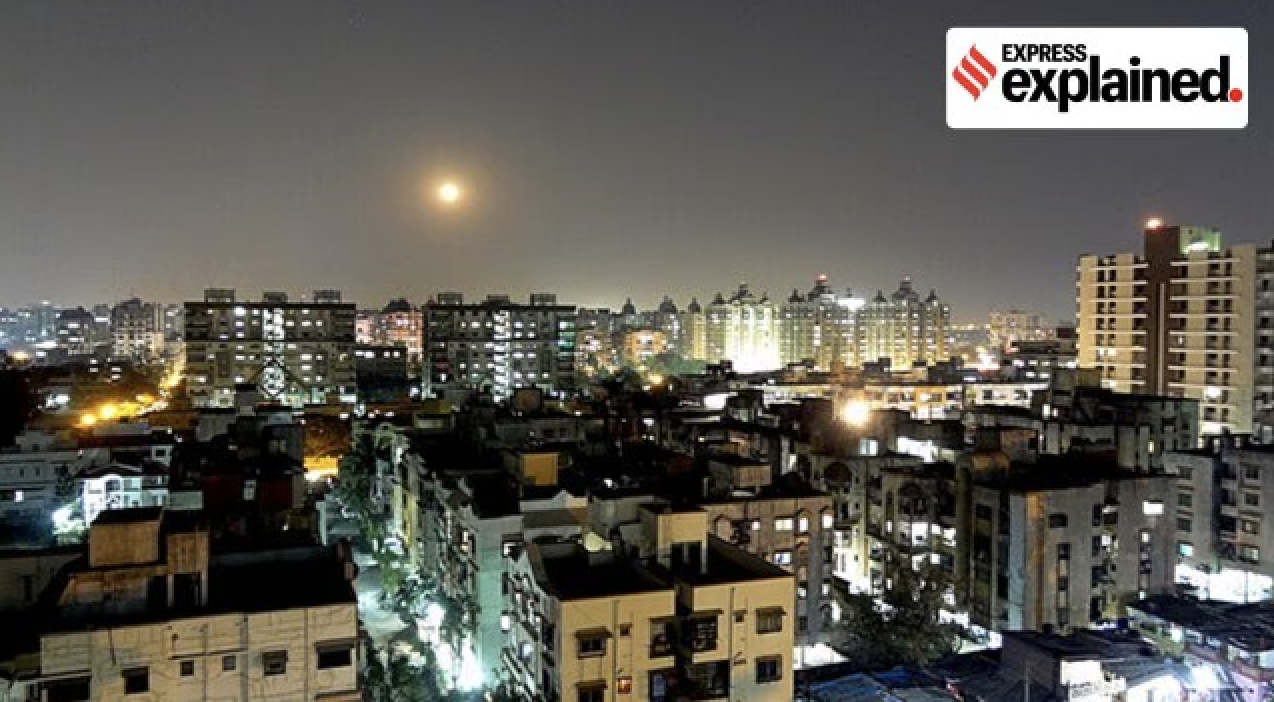
By Parimal A Dabhi , Sohini Ghosh
Recently, the Surat district collector sealed a property in the Salabatpura area of the old city, as its owner, a Hindu woman, had sold it to a Muslim woman in what the collector termed was a violation of the Disturbed Areas Act.
The sale, though incomplete, was seen as violating Section 5 of the Gujarat Prohibition of Transfer of Immovable Property and Provision of Tenants from Eviction from Premises in Disturbed Areas Act, popularly known as the Disturbed Areas Act.
Under the Act’s Section 5 (a) and (b), the person intending to sell the property has to apply to the Collector for sanction. The Collector holds a formal inquiry, hears various parties, and has the right to clear or reject the deal.
What is the Disturbed Areas Act?
Under the Disturbed Areas Act, the district Collector notifies a particular area of a city or town as ‘disturbed area’. This is generally on the basis of the history of communal riots in the area.
Following this notification, the transfer of immovable property in those areas requires express permission of the Collector. In the application, the seller has to attach an affidavit stating that he/she has sold the property of his/her free volition and that he/she has got a fair market price.Violation of the Act’s provisions invites imprisonment and fine.
According to the Gujarat government, the Act is aimed at checking communal polarisation in parts of the state.
Amendments in 2020 gave more power to Collector, government
In 2020, the Gujarat government amended certain sections of the Act, giving the Collector more powers.
This story was originally published in indianexpress.com. Read the full story here.

